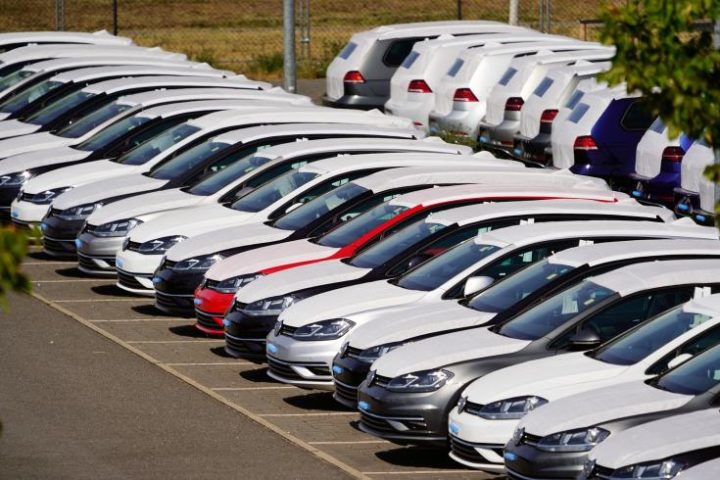The transport ministry will be launching the second phase of a €30 mln incentive scheme to convince motorists to go electric in the coming months, with the island expected to have 1,000 charging points within two years.
Following the success of the first phase of the incentive scheme, which saw hundreds of motorists getting generous grants to replace their old bangers with cleaner, eco-friendly vehicles, the ministry plans to launch phase two.
Talking to state radio CyBC, Yiannis Nicolaides, the head of the Road Transport Department, said that authorities will be announcing the second part of the scheme in the coming months.
“We aim to complete the second phase in 2023, to rapidly boost the presence of electric and hybrid cars on our roads,” he said.
Nicolaides said that the second phase will more or less be like the first part, with minor improvements.
The first stage of the €30 mln incentive scheme was launched last December, with the Transport Ministry reporting that demand was ten-fold the ‘supply’.
The ministry had then dished out some €8 mln, covering just 360 applications for brand new electric cars and for 320 used cars, as well as a limited number for other categories, such as taxis and vehicles for people with disabilities.
Some 4,000 motorists had sent in applications for a subsidy.
Grants will also be available for used electric taxis, used electric vehicles for people with disabilities and electric motorcycles and bicycles.
Motorists could benefit up to €10,000 from an ‘attractive’ state incentive package. This included a €9,000 grant to buy a new electric vehicle and €4,000 for the purchase of a used car. Another €1,000 can be offered through a separate scrappage scheme.
Generous second phase
“The second part of the scheme will also be generous,” said Nicolaides, noting that the scheme will offer grants to people buying a fully electric vehicle, or a plug-in hybrid.
He said that his department had planned to launch the second phase of the scheme sooner, however, their plans were hampered by restrictions related to the COVID-19 pandemic and supply-chain disruptions.
The head of the Road Transport Department said that so far this year, some 500 electric vehicles have been registered in Cyprus.
“If deliveries had been on track, meaning that orders would be delivered in three to six months, we would have seen more than 1,000 new electric vehicles on our roads” he said.
The registration of 500 new electric cars up until August, as Nicolaides said, far exceeds the target set by authorities for the current year.
“We hope to see more electric vehicles next year with the new phase of the incentive scheme,” he added.
Nicolaides noted that this time round, the ministry will not be following a first come, first served policy.
“We have had complaints that it wasn’t the fairest of tactics, so this time round we will be carrying out an automated draw, to determine the successful applicants,” he said.
The scheme will be open for 15 days, with interested parties submitting their applications online.
Electric bikes
“We were also told by experts that our description of electric bicycles included in the scheme was too rigid, excluding cheaper options. So, this time we have expanded the scheme to include almost all types of electric bikes,” he noted.
Asked about EV charging points, Nicolaides said that authorities will soon be launching a separate incentive scheme for companies or individuals wanting to set up charging stations in public areas.
The scheme will provide subsidies for some 500 charging stations in 2023, and another 500 in 2024.
Meanwhile, a CyStat survey earlier in August revealed that the majority of passenger cars in Cyprus (66%) are older than ten years old, and only 4% are ‘nearly new’.
In 2020 only 4% of passenger cars in Cyprus were newer than two years (22,812 cars), 10% were between 2 and 5 years old (58,211), 20% were between 5 and 10 (117,506), 49% were between 10 and 20 years old (283,537) and 17% were older than 20 years (96,092).










